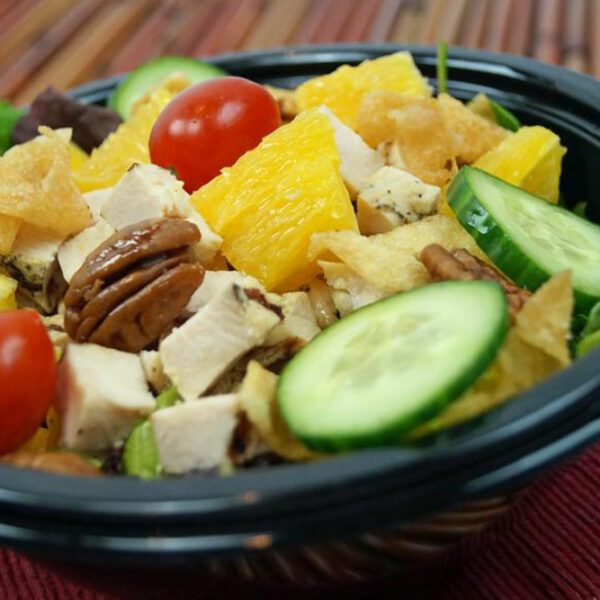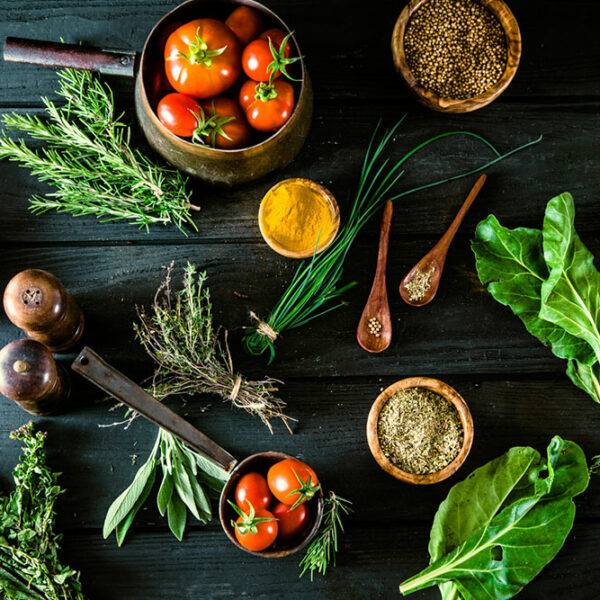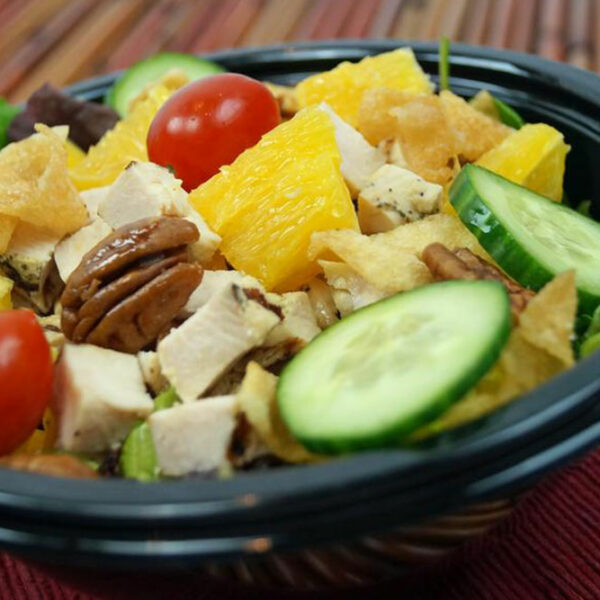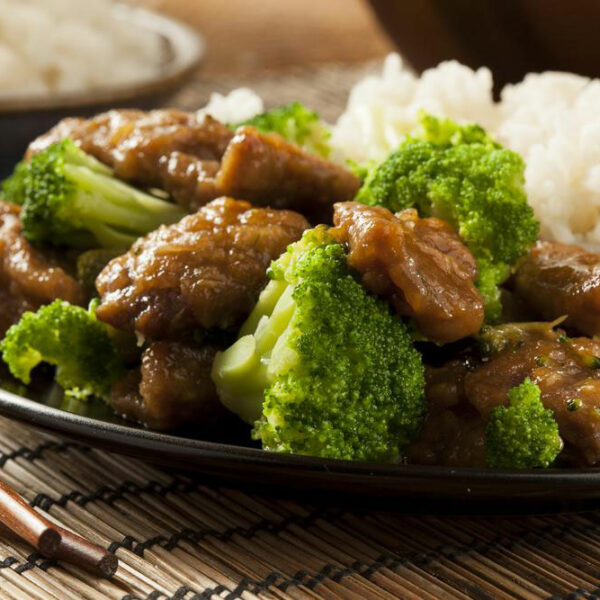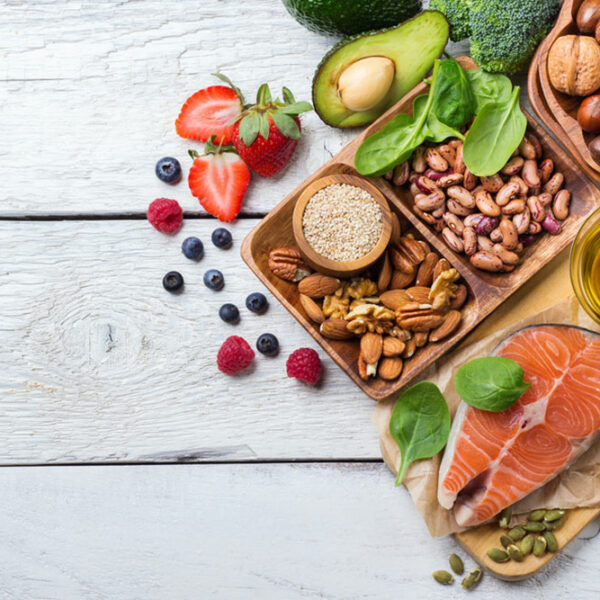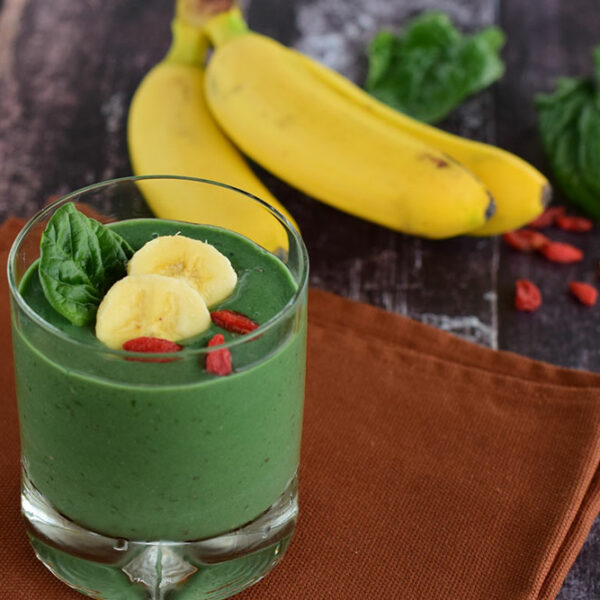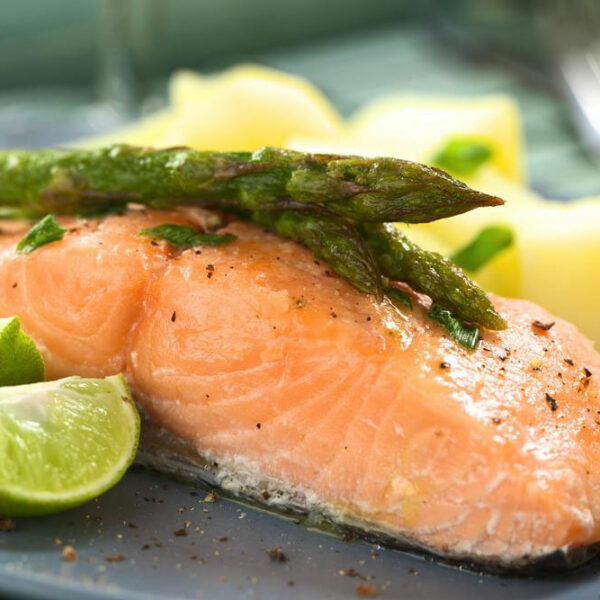
Foods to avoid if one has colitis
Foods to avoid if one has colitis Ulcerative colitis is an inflammatory disease of the colon and rectum, which make up for a major part of the large intestine. It can cause symptoms like bleeding from the rectum, abdominal pain, and diarrhea. These can flare up due to various triggers, with food being one of the major ones. A low-fat, low-salt, high-calorie, low-fiber and gluten-free diet is the best diet to follow for those who suffer from colitis. There are certain foods can result in the aggravation of the symptoms of the condition, read on to know more. Gluten Foods that have gluten, like wheat, rye, and barley can cause allergies in some people. It can also lead to the development of symptoms similar to those seen in ulcerative colitis in those who have gluten sensitivity. This is why the ingredient is high on the list of foods to be avoided. Alcohol Alcohol can irritate the stomach and worsen the symptoms of ulcerative colitis. It must be avoided or consumed in moderation and ideally, one should either drink alcohol with a meal instead of on an empty stomach. High-fiber foods High-fiber foods like adzuki beans, peas, lentils, and legumes can cause bloating and gas and can worsen the symptoms of colitis.
